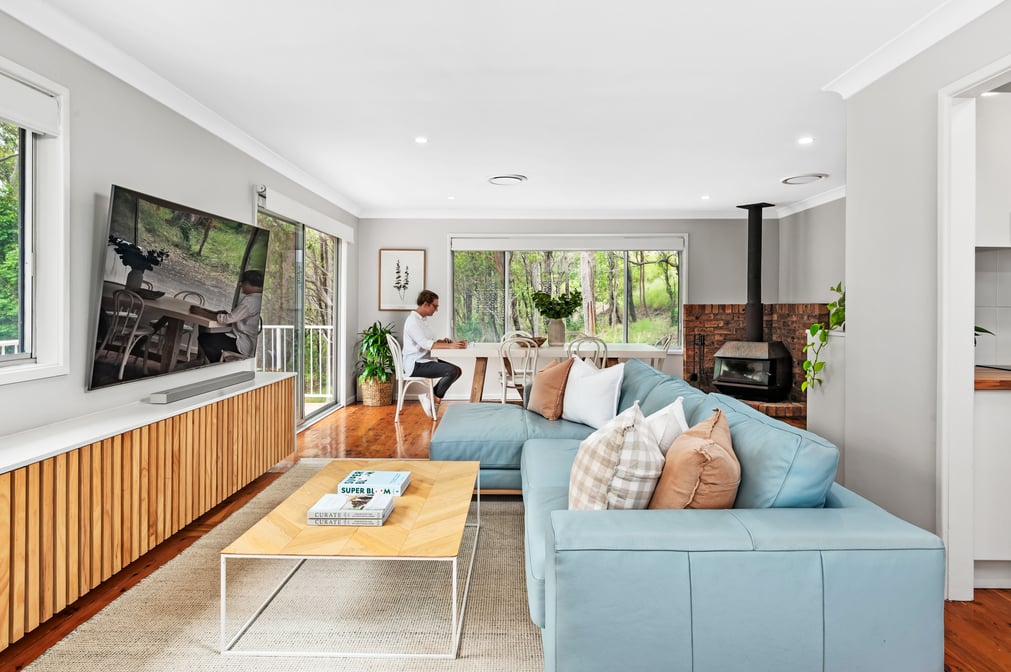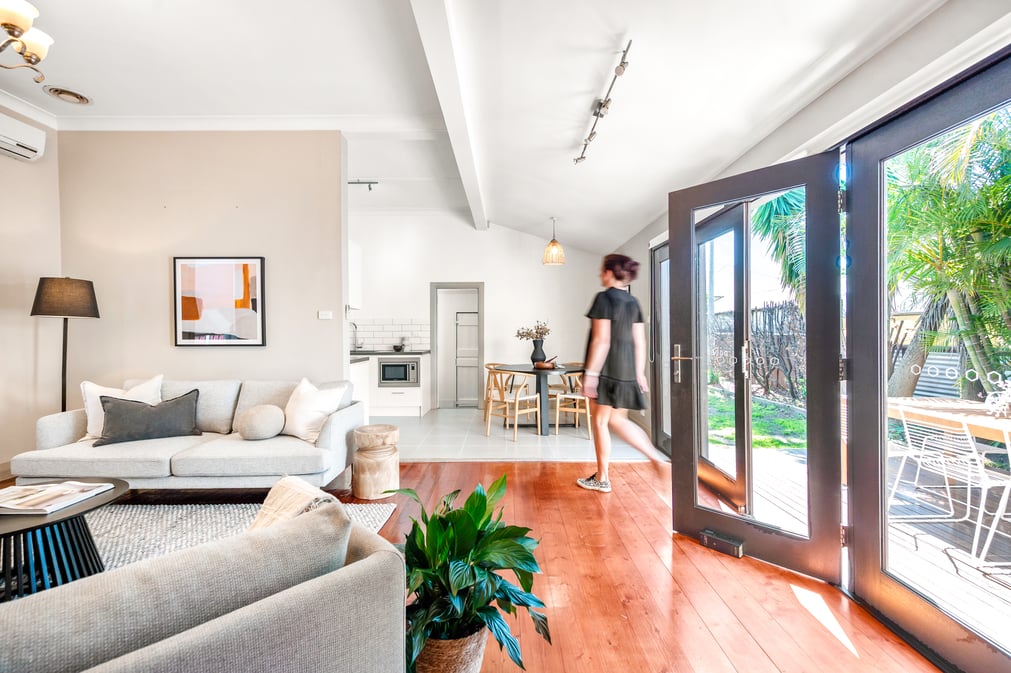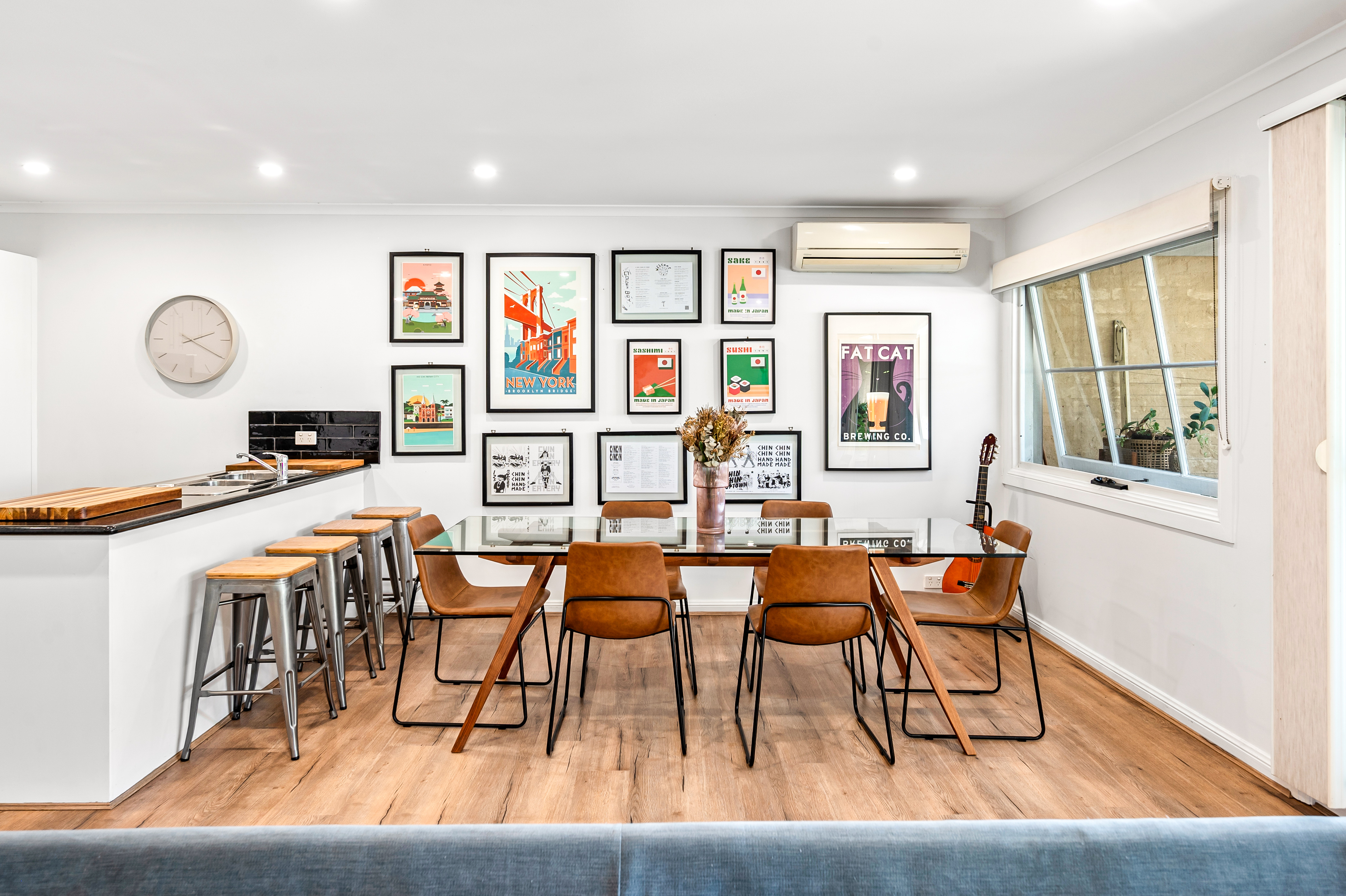It can be daunting buying your first home. But even with that extra experience, purchasing the second can be even trickier.
Unless you have plenty of cash and plan to rent out your existing home, buying your second home usually involves selling the first one. And therein lies the problem: how do you pay for the second one and ensure you don’t end up homeless?
This is a common question I get when talking to homeowners. The short answer is that none of the options are ideal. Depending on your situation, the approach may change, each with its pros and cons. But managed correctly, a good agent can guide you through what could otherwise be a tricky journey.

Attain bridging finance - this means going to the bank and asking for them to fund your new place on top of your existing commitments. Once you buy your next property, you then sell your current home and repay this debt.
• Pros: allows you to confidently bid on other properties at any time. You will be able to move into your new place, which will give you time to get your existing home ready, meaning you won’t have to live through the disruption of open homes
• Cons: paying the extra debt can cause some stress. Sometimes, people are tempted to sell quickly, rushing the sale and leaving money on the table. It is also challenging to get bridging finance, given current interest rates
Sell, then rent - in this situation, you take your first home to market and hopefully secure a fantastic price. You then move into a rental for six months and take your sweet time to find the next place.
• Pros: you know how much you have to spend (you may have gotten more for your place and can now afford a better second home). Plenty of time to make decisions
• Cons: having to move twice. The market may also increase during this time, leaving you to compromise on your new home.

Simultaneous settlement - this involves you buying and selling at the same time. This is the road that most people take.
• Pros: buying and selling at the same time means you are getting and receiving a price at the current market price. You only have to move once.
• Cons: you may find the right buyer for your place but can’t find your next home (or vice versa).
The last option is usually the best. If you can’t find a new property when someone is ready to snap up yours, you aren’t committed to selling. In most situations, we will usually be able to negotiate with the buyer of your home to arrange a longer settlement if needed. This, in effect, buys you additional weeks to secure your new home. If you can’t find anything during this time, a short-term stay with relatives is often on the cards. In the worst case, you may need to move into a rental on a short-term basis.
There are some other options, like selling off-market or selling to an investor. In this last example, investors will usually be open to a much longer settlement, or there is a good chance you can become the tenant on a short-term basis. Again, a good agent can negotiate these terms as part of the offer acceptance process so that you can stay as long as you like but not be penalised for leaving early (once you find that dream home).
If you’d like to discuss your options in more detail, feel free to call 4967 6770. There’s no obligation and no pressure.

